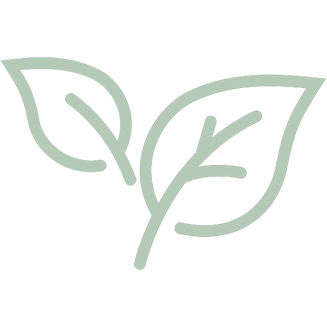From the beginning of 2016, Flinders will change the way transitions occur for children from birth to three. Rather than the traditional annual transition to a new house with new educators, next year groups of children and educators will largely transition together in a process called looping.
Put simply, looping keeps groups of people together for the first three years of a child’s life, so that whilst the setting may change (Baby House to Toddler House, Toddler House to May Mills House) the people, and most importantly the relationships, remain the same. Children and educators from Baby House go to Toddler House, then to May Mills House, then educators go back to Baby House to begin the looping process again.
Contemporary research shows the significance of consistent relationships for children in the first three years of life. In early childhood environments, this consistency is often achievable due to traditional developmental systems, which move children into the next building as soon as they reach a certain age or developmental milestone.
In the traditional system, a child who begins attending Flinders in Baby House would typically undergo three or four transitions by the time they are three. This means building relationships, establishing trust, and developing confidence three or four times. Whilst many children and families manage this well, and whilst our educators are extremely skilled at supporting children and families through this process, it remains a stressful time. Maintaining the majority of the educator team as the children transition eliminates one of the ‘unknowns’ for children and families as the move across the path or up the hill.
It is important to note that not all of the educators will move to the next house; a few will either stay in the the house they are currently in or move to another house altogether. You can speak to the Assistant Director in your house if you are interested to know who will be going with you.
We are excited to begin our looping project and to discover the impact it has on children’s relationships and learning at Flinders.

What an exciting opportunity for children, educators and families to be part of. The theory of looping sounds powerful and incredibly beneficial for all but just imagine it in practice: All of the time and effort placed into building connections between educators, children and families – continuing to be enhanced over time instead of being broken and rebuilt every year – through challenges and milestones and everything in between. Working together to help little people grow as best they can, to help them develop the tools to tackle what life will throw their way. I know that academics and researchers love to delve into the world of improving teaching and learning but this is something different. This is taking it to that next place: The real world. As a parent, I can only see positive come out of this shift in thinking about how to best help crucial relationships develop with those most important at the heart of it all: The children. I’m sure there will be some bumps on the road to working out how looping works best and I’m sure there will be many tears at the end when educators and children, including their families, say goodbye to each other and move into the next phase (perhaps even more likely the big people in tears because those little people are so robust and eager for ‘what’s next’, holding hands with their friends instead of us grown ups by that stage!) but like all great challenges in life that also bring great potential for positive change: Bring it on. And thank you to those at Flinders who have had the foresight, passion and energy to adopt, enact and drive such a powerful program into 2016 and beyond. Nice work.
Thank you so much for your thoughts and positivity ! We are excited for the potential of this change and what it means for all those who are involved. We are looking forward to exploring it with our children, families and educators.
– Flinders Educator